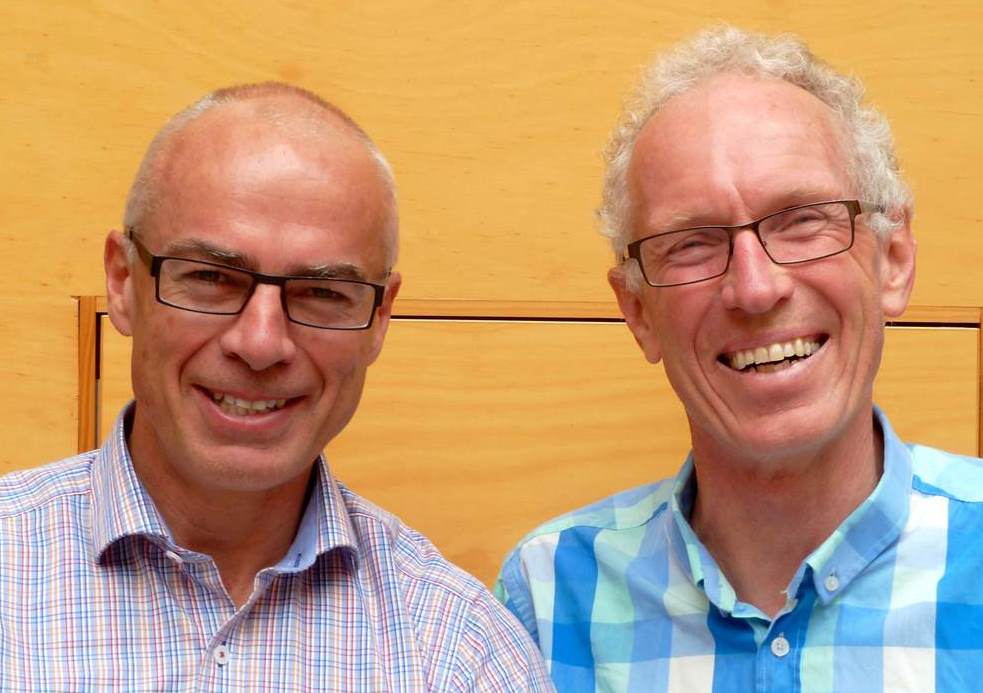Professor Tony Blakely
A possible tax on sweetened sugary beverages (SSBs, and in particular sugary carbonated soft drinks) is topical internationally. This blog considers some economic theory around prices and demand, epidemiological predictions, and then a recent Australian study on the topic. The bottom line is that such a tax would probably be good for health of all groups in NZ, but particularly the poorest New Zealanders. Such a reduction in health inequalities is an added advantage in a country where health inequalities remain an important problem.



